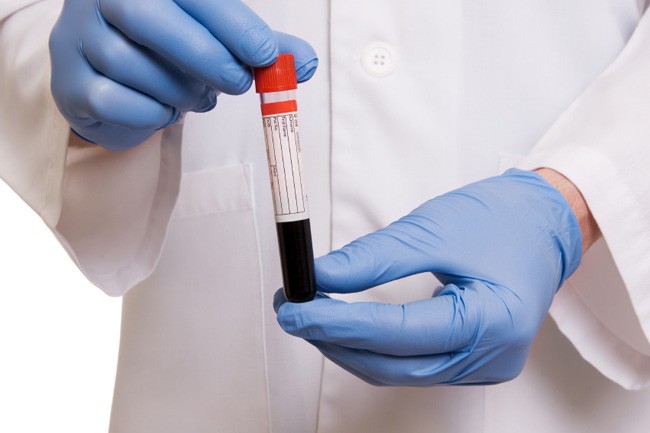Tag: diagnosis
-
Check bile acid values in lethargic puppies
—
by
Have you ever had a puppy that just presents with lethargy, exercise intolerance and sleeps all the time? This is normal for my teenage daughters, but not so for a young Lhasa apso that presented to my surgery. Physical exam was unremarkable, but the dog was so sleepy we administered IV fluids to perk it up. Routine biochemistry…
-
Hyperthyroidism and UTIs
—
by
Cats with hyperthyroidism are more vulnerable to bacterial UTIs. One study reported bacterial lower UTIs were diagnosed in 12% of hyperthyroid cats. Bacterial UTIs are clinically “silent” in a high proportion of older cats, with no haematuria, dysuria, or other signs to indicate their presence. Where possible, bacterial culture of cystocentesis-obtained urine samples (right) is recommended…
-
Ticarcillin as a treatment for Pseudomonas otitis
—
by
I suspect we have all come across that tricky Pseudomonas otitis case that just seem to refuse to completely respond to antibiotic therapy in spite of extensive investigation for underlying causes. I had just one such case recently that, in spite of culture and sensitivity, blood work, skin biopsy, extensive flushing, lack of response to…
-
What makes a good vet?
—
by
As a student on placement, I’m often in awe of the vets I’m working with. The ability to take a history, examine an animal, run through differentials and come up with a diagnosis or action plan within 10 minutes – all while listening to an owner commenting on the weather or traffic – seems superhuman.…
-
Intuition works
—
by
I recently had a male cat presented that was “just a bit quiet” – it wasn’t moving much and, uncharacteristically, had not eaten breakfast that morning. The owner had barely removed our feline friend from the carrier when I thought: “This guy’s got a blocked bladder.” Abdominal palpation confirmed my intuitive diagnosis. I’ve been thinking about…
-
IVSA SpringBreak in Naples
—
by
A friend who had attended an International Veterinary Students’ Association trip told me I should definitely attend any of its future events if I had the opportunity. Hence, when an email arrived about the IVSA SpringBreak in Naples, I applied immediately. In all honesty, by the time I received an email confirming I had a…
-
How to examine a patient’s rima glottidis for suspected laryngeal paralysis
—
by
Anaesthesia normally depresses laryngeal movements, making diagnosis of laryngeal paralysis challenging. The animal should be anaesthetised to the point at which the mouth can be easily opened but a laryngeal reflex is still present. If jaw tone is such that you are afraid of being bitten during the examination, then the plane of anaesthesia is…
-
Diagnosis of Lyme disease
—
by
Diagnosis of Lyme’s disease is challenging and normally depends on evidence of exposure along with clinical signs and diagnostic tests. Tests for Borrelia burgdorferi can be divided into those that demonstrate presence of the organism, and antibody tests. Detection of the organism by culture, cytology, or polymerase chain reaction (PCR) assay can be difficult as…
-
Should I be a vegetarian?
—
by
Vegetarianism can be quite the controversial topic, with many people choosing not to eat meat or particular types of meat for varying reasons – be that moral, financial or simply down to taste and preference. But how should I stand on the matter, from the point of view of a vet student? While on EMS,…
-

Ammonia tolerance test for diagnosis of portosystemic shunts
—
by
Normal hepatic function is essential for conversion of ammonia to urea. Increasing resting ammonia concentration indicates decreased hepatic mass or shunting of portal blood. Concentrations of blood ammonia are not well correlated with severity of hepatic encephalopathy, and ammonia levels may be normal in 7% to 21% of dogs with portosystemic shunts (PSS), especially after…